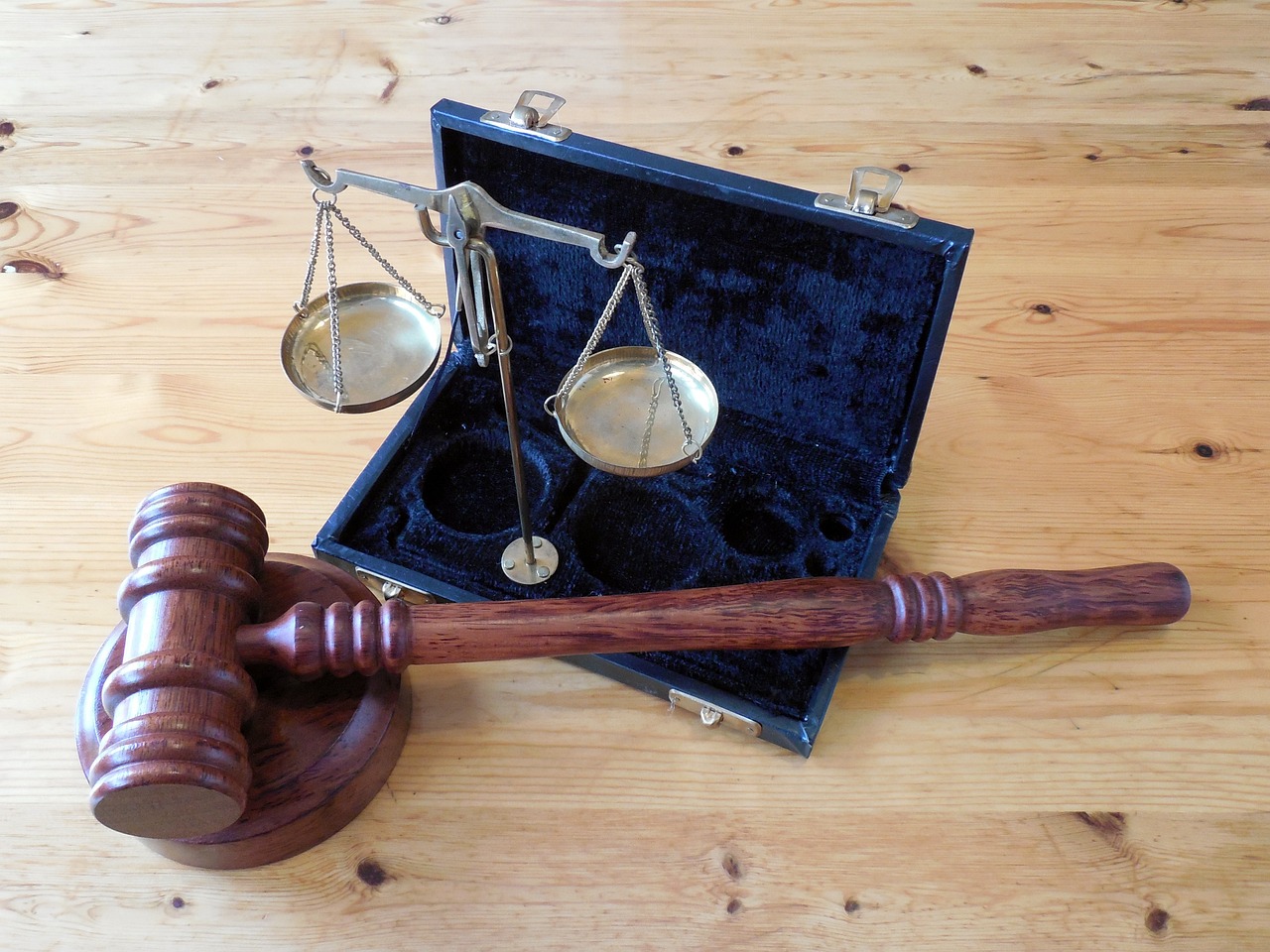
It is well acknowledged that most offenses according to the Indian Penal Code are fundamentally composed of mens rea and actus reus together. The adage “actus non facit reum nisi mens sit rea” captures the essence of criminal law. According to the adage, an act is innocent unless the mentality is guilty. Mens rea, or, to put it another way, the intent to commit a crime, is, therefore, a key factor in establishing an accused person’s guilt.
Types of Intoxication in India
The most common types of intoxication are as follows:
- Voluntary Intoxication: As pervoluntary intoxication meaning, the deliberate consumption or injection of any drug, alcohol, or other intoxicating material that the accused knows would have an intoxicating effect is known as voluntary intoxication. Establishing a defense for voluntary intoxication is significantly more challenging compared to involuntary intoxication.
- Involuntary Intoxication: As perinvoluntary intoxication meaning, when someone involuntarily consumes intoxicating substances and commits a specific unlawful act while under their influence, they may be able to use involuntary intoxication as a defense against criminal liability if they were unable to understand the nature of their actions.
intoxication as a defence under ipc
The Indian Penal Code states about the types of intoxication under section 85 and 86 ipc.
section 85 ipc: involuntary intoxication ipc
- It deals with circumstances in which someone is poisoned and unable to use their own free will to make decisions. If the intoxicating substance was given to the individual against their will or without their knowledge, they are not accountable for any crimes they may have done while under the effect of the poison.
- This section only applies in situations where the person is inebriated against their will, i.e., when they were forced to take the substance or were not aware that it was intoxicating. The act had to have been committed by someone who was intoxicated either before or during. It is also imperative that they were not aware that what they were doing was illegal or that it was unlawful.
- Section 85 ipc example: A person drinks his soft drink, unaware that it contains alcohol and the person quickly grabs the wallet of another person and leaves for home. Since the person was involuntarily intoxicated, he will not be held accountable for the stealing offense in this case.
- As perSection 85 of ipc punishment, if the poison was given to the individual against their will or without their knowledge, they cannot be held accountable for any crimes they committed while under the poison’s effect.
Section 85 ipc: Essential Ingredients
Section 85 of ipc states that an act may not be constituted an offence under specific circumstances. The following requirements must be satisfied for intoxication to be admissible as a defense in the IPC:
- The subject needs to carry out an act.
- They must be incapable of appreciating the significance of the deed.
- Their inebriation is the cause of this incapacity.
- It is imperative that the intoxication was provided without the subjects’ knowledge or agreement.
- The incapacity must exist at the moment the act is committed.
section 86 ipc: Voluntary Intoxication ipc
- According to Section 86 of ipc, unless the intoxicating substance was given to him against his will or without his knowledge, a person who commits an act while intoxicated will be dealt with as if he possessed the identical knowledge as he would have possessed if he had not been intoxicated. This is especially true if the act is not illegal and is carried out with specific knowledge or intent.
- Section 86 ipc example: Even though someone who steals while inebriated might have forgotten about the intention to steal because of his intoxication, they will still be held accountable for their actions.
- As perSection 86 of ipc punishment, it specifies that a person will be held accountable as if he had the same information or intent as he would have possessed if he had not been inebriated if he conducts an act while intoxicated that is not regarded as an offense unless done with specific intent or knowledge.
Section 86 ipc: Essential Ingredients
The following are the components of Section 86 of ipc:
- The existence of a particular knowledge or intention.
- influence of a substance that results in drunkenness.
- Giving the drunken substance to someone without their will or without their knowledge.
Intoxication ipc Case Laws: Major Landmark Rulings
The following are the major intoxication cases in India:
- In the case of ShankarJ v State of West Bengal, when the defendant started abusing the victim, he was intoxicated. The victim requested that the accused go. However, he became enraged and stabbed the victim seven times, killing him. Next, he invoked the defense of drunkenness. In response to his plea, the judge stated that a person cannot be exonerated of murder simply because they are intoxicated.
- In the case of Bablu mubarik Hussain v State of Rajasthan, the Supreme Court reviewed Section 85 of the IPC and ruled that, in addition to the other factors, it is necessary to take into account evidence of intoxication and proof showing the accused lacked the capacity to conduct a crime. Merely demonstrating that his mental state was impacted by the alcohol use that resulted in aggressive conduct does not negate a man’s inherent repercussions for his actions. The defendant’s plea was denied by the court due to its extreme brutality and devilish nature.
Voluntary intoxication and non-voluntary intoxication are the two categories into which intoxication is separated under the Indian Penal Code. General exceptions apply to involuntary intoxication, and in such cases, the failure to make a sound decision might be used to justify the intoxicated behaviour, since it was not a choice at all. However, the IPC does not exempt voluntary drunkenness, thus any behaviour associated with it cannot be fully justified.









